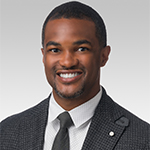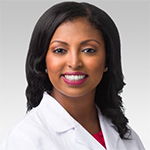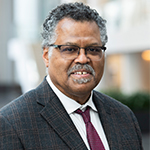Diversity & Inclusion Programs
The Office of Diversity & Inclusion at Northwestern University Feinberg School of Medicine offers several programs that aim to create community on campus, highlight current diversity and inclusion topics, and support all students on the pathway to medicine. Find the program that's right for you.
For Pre-Medical Students
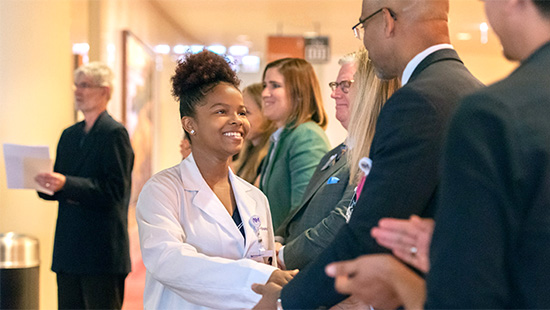
HPREP is a five-week program for high school students of diverse backgrounds in the Chicago area who are looking for an introduction to medical education and healthcare careers.
NU Docs gives Northwestern University undergraduates an opportunity to interact with medical students, residents and physicians in a weeklong experience during spring break.
A variety of health and medicine pathway programs are available for learners as young as kindergarten to those at the graduate level.
For Medical Students
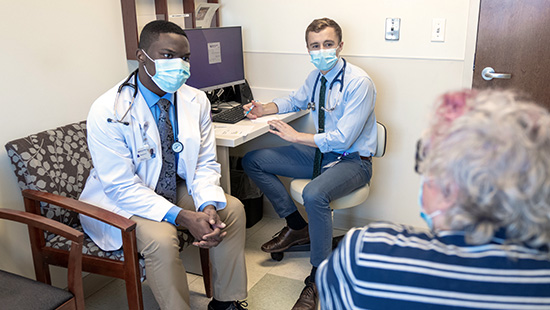
This society builds community for Black or African American men at Feinberg. The group also sponsors an annual award open to any medical student with an outstanding track record in diversity and inclusion work.
The Emma Reynolds Circle brings together Black or African American women at Feinberg.
Hermanos y Hermanas connects first- and second-year Latinx medical students through one-on-one and group events.
Trainee-Student Mentorship
The Student to Resident Institutional Vehicle for Excellence (STRIVE) mentorship program connects medical students and trainees from historically marginalized groups to help students succeed at Feinberg and in residency.
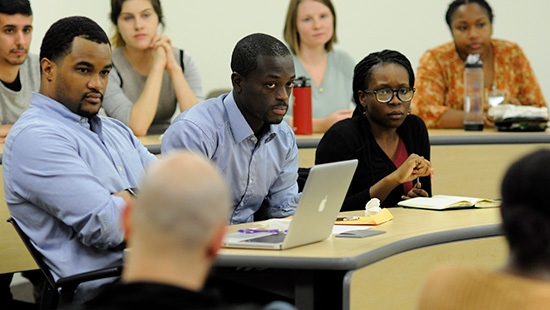
For Faculty
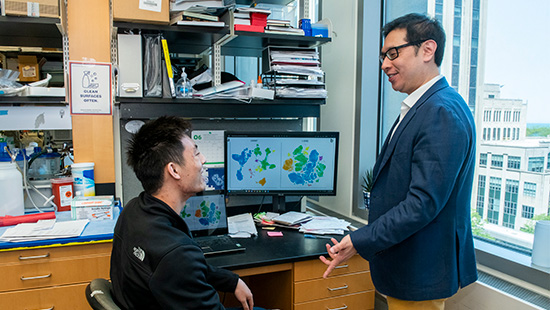
Northwestern University Recruitment to Transform Under-Representation & Achieve Equity (NURTURE)
The NURTURE Program strives to accelerate cultural change at Northwestern through innovative institutional initiatives in hiring, mentoring, promotion and tenure, evaluation, and institutional accountability. These efforts include cluster hiring of early-career faculty.
For Staff

Find support from Northwestern University staff organizations formed around shared identities.
Northwestern partners with Year Up, a skills-training program for underserved young adults.
The committee offers professional development and partners with our office for diversity and inclusion programming.
